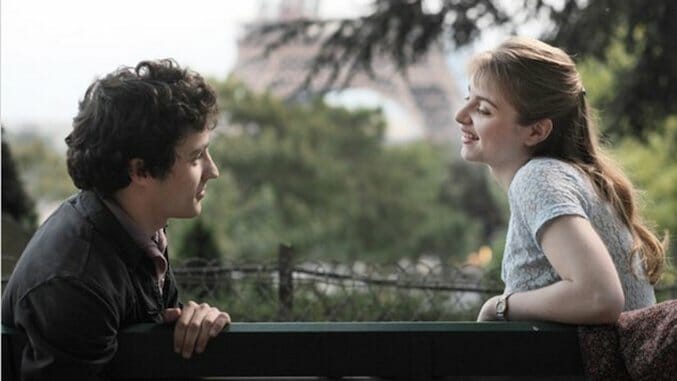My Golden Days

We can run from the past, hide from the past, or forget the past, but we can’t help but be defined by the past. Our histories inevitably shape us into the people we become, and often in ways we can’t predict. A noble gesture made in a moment of youthful impulse might land us in hot water when we’ve grown up and turned more cautious and insular. The echoes of a passionate teenage romance might carry on as we step into our adult identities, leaving us with tender and delicate wounds that might be reopened at even the slightest provocation. The worst part is that we can never tell how the actions we take as children can impact us down the years, or when.
-

-

-

-

-

-

-

-

-

-

-

-

-

-

-

-

-

-

-

-

-

-

-

-

-

-

-

-

-

-

-

-

-

-

-

-

-

-

-

-








































